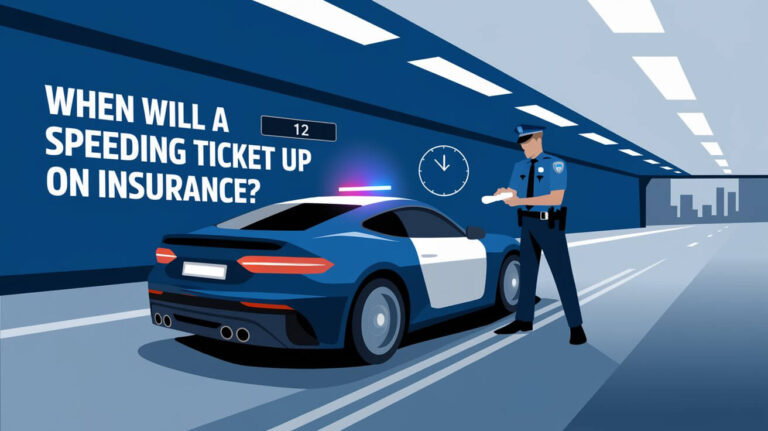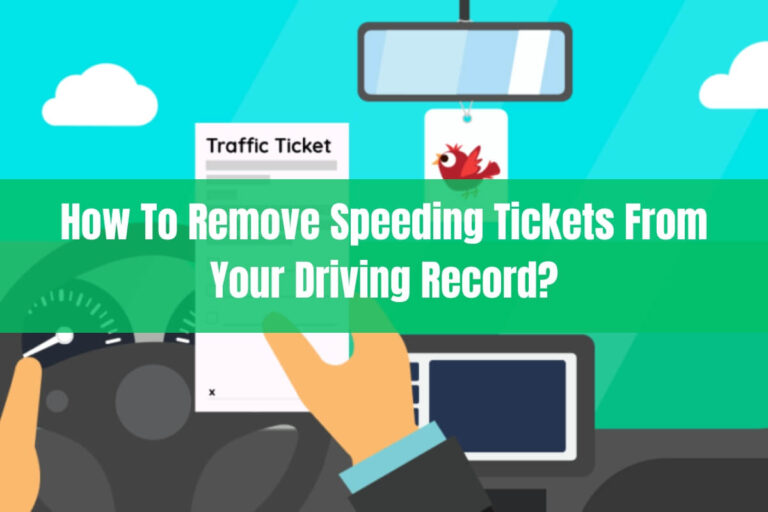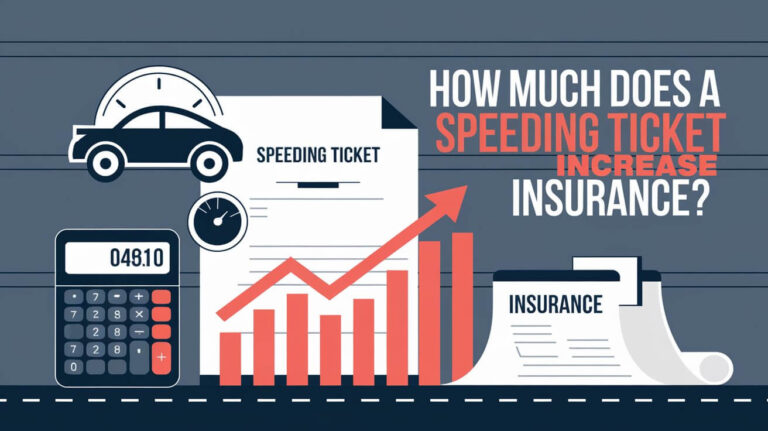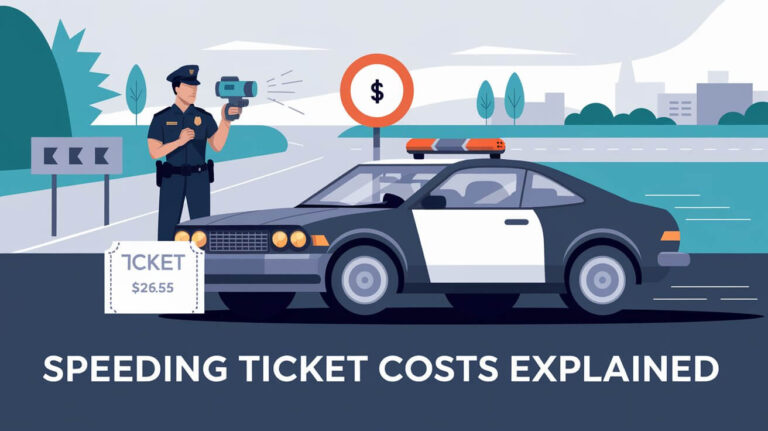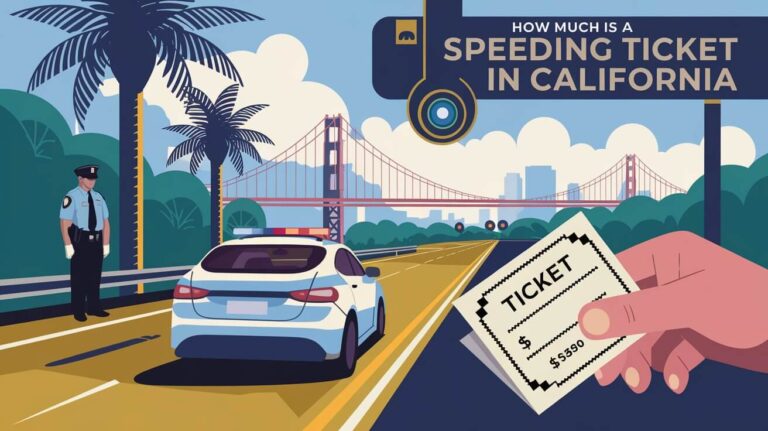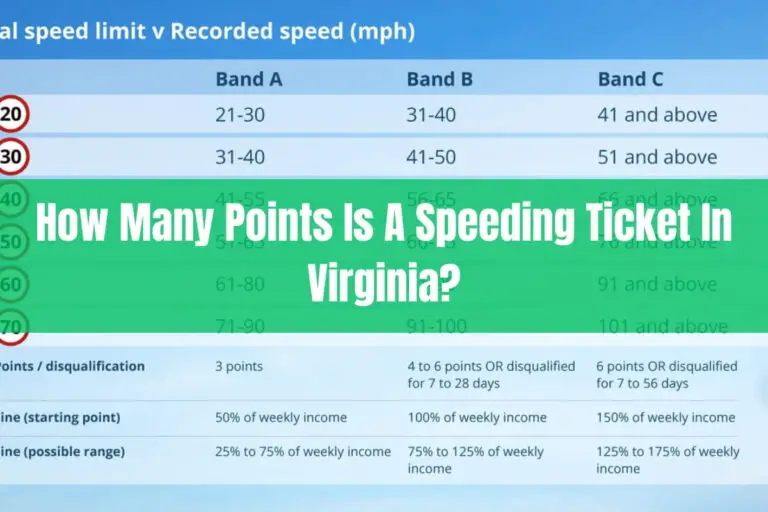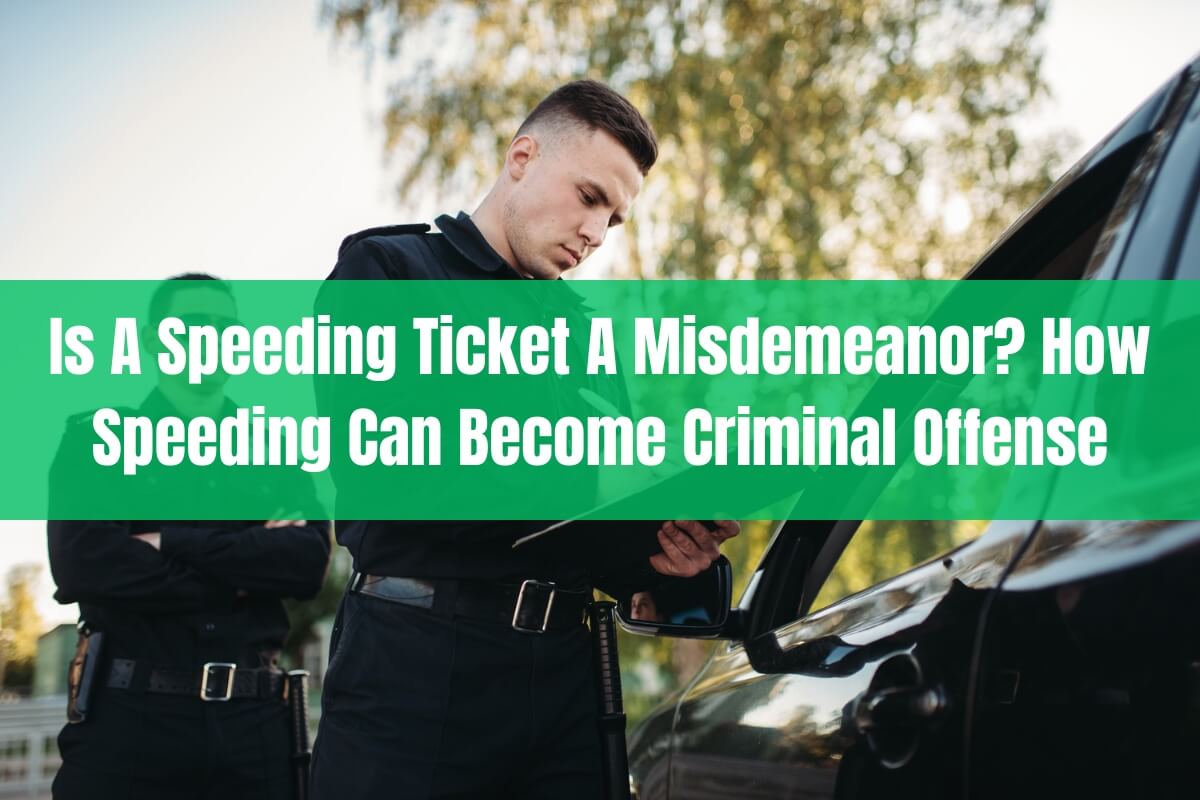
Getting pulled over for speeding can be an annoying and expensive experience. But in most cases, a simple speeding ticket is just treated as a traffic infraction rather than a criminal offense. However, there are situations where speeding can potentially result in misdemeanor charges on your record. So is a speeding ticket considered a misdemeanor?
The answer depends on the circumstances of the speeding offense. While many speeding violations are just infractions that result in fines, exceeding certain speed thresholds or driving recklessly can lead to misdemeanor criminal charges. This is important to understand if you are pulled over for speeding.
This article will explain the difference between civil infractions and criminal misdemeanors, outline when speeding crosses into criminal territory, and provide tips on fighting back against serious speeding charges. Understanding the line between infractions and misdemeanors can help you avoid lasting impacts to your driving and criminal record.
What is the Difference Between an Infraction and a Misdemeanor?
Not all traffic violations are treated equal in the eyes of the law. There are important distinctions between civil infractions and criminal misdemeanors:
- Infractions – Most minor traffic offenses like speeding, stop sign violations, or improper turning are considered non-criminal infractions. They usually result in fines, traffic school, or points on your license. But infractions do not involve jail time.
- Misdemeanors – More serious traffic violations can be charged as misdemeanors. These are actual criminal offenses that can lead to fines, probation, license suspension, and even jail time up to 1 year. Misdemeanors go on your permanent criminal record.
So while infractions are civil fines, misdemeanors are punishable crimes. Excessive speeding and reckless driving are the most common ways that speeding tickets venture into misdemeanor territory.
When Does Speeding Become a Misdemeanor?
Many states treat basic speeding as a simple traffic infraction. However, speeding can become a misdemeanor charge under certain aggravating circumstances:
- Excessive Speeding – If you are caught driving 15-30 mph over the speed limit, you may face misdemeanor charges for excessive speeding. The threshold varies by state. Driving over 100 mph is very likely to result in a misdemeanor.
- Reckless Driving – Speeding in a way that recklessly endangers people or property can be charged as a misdemeanor. This includes offenses like racing, speeding through a school zone, or speeding with pedestrian traffic present.
- Commercial Vehicles – Speeding while operating larger commercial vehicles like semi-trucks and school buses often results in criminal misdemeanor charges, even if you were only a few mph over the limit.
- Repeat Offenses – In some states, a third speeding ticket within a 12-month period automatically becomes a misdemeanor charge.
So while most speeding tickets are just infractions, drives should be aware of these circumstances where speeding can venture into misdemeanor territory and lead to lasting impacts.
What are the Penalties for Misdemeanor Speeding?
The punishments for misdemeanor speeding charges are much more severe than a basic traffic ticket. Possible penalties include:
- Fines – Misdemeanor fines are typically $100 to $1000, much higher than infractions. Additional court fees also apply.
- Jail Time – A misdemeanor speeding conviction can lead to up to 1 year in jail in most states. Certain offenses have mandatory minimum jail sentences.
- License Suspension – Many misdemeanor speeding charges come with a suspended license for 6 months or longer.
- Probation – If you avoid jail, you may be placed on probation with strict driving restrictions. Violating probation leads to further penalties.
- Criminal Record – Misdemeanors become a permanent part of your criminal history, which can impact job applications, loans, and other aspects of life.
Also, misdemeanor convictions lead to up to 5 points on your driving record, which brings increased insurance rates on top of the other penalties.
When Does Speeding Become a Felony?
Felony charges for speeding are rare, but possible in the most extreme cases:
- Injury or Death – If speeding results in an injury or death, felony charges like vehicular manslaughter or assault may apply.
- Fleeing Police – Speeding while evading police pursuit can potentially be charged as a felony offense.
- Repeat Offenses – In some states, a 4th or 5th misdemeanor speeding ticket within 5 years becomes a felony.
Felony speeding convictions lead to hefty fines and over 1 year in prison. They have the most devastating impacts on your record and future opportunities.
Laws Vary by State and Municipality
Whether a speeding ticket is treated as a minor infraction or misdemeanor depends heavily on state and local laws:
- In some areas, any speeding offense is automatically a misdemeanor.
- Other areas only classify excessive speeding as a misdemeanor.
- Small towns and school zones may have stricter speeding laws.
If you are facing a misdemeanor speeding charge, it is essential to consult a local traffic lawyer familiar with the specific laws in that jurisdiction. An attorney can advise you on the exact nature of the charges and possible defenses.
Mitigating Serious Speeding Charges
If you are issued a ticket for excessive speeding, reckless driving, or another misdemeanor speeding offense, consider taking the following steps:
- Hire a Traffic Lawyer – Having an experienced lawyer in your corner can help get misdemeanor charges reduced or dismissed, minimizing impacts to your record.
- Appear on Your Court Date – For misdemeanors, you must appear in court and should never just pay the ticket, which counts as pleading guilty.
- Follow Probation Terms – If granted probation for a speeding misdemeanor, strictly adhere to all conditions to avoid jail time.
- Complete Traffic School – This can help get certain speeding misdemeanors dismissed.
- Avoid Further Violations – Multiple speeding misdemeanors within a few years can have compounding effects.
While a single speeding ticket is unlikely to be catastrophic, repeatedly ignoring posted speed limits can eventually snowball into misdemeanor convictions, license suspension, and life-altering impacts. By understanding the difference between civil and criminal speeding offenses, you can potentially save yourself severe long-term consequences.
Conclusion
Most speeding tickets are simple traffic infractions that result in fines, but no jail time. However, exceeding posted speed limits by 15-30 mph, driving recklessly, or repeat violations can potentially lead to misdemeanor criminal charges.
Misdemeanor speeding convictions result in hefty fines, license suspension, probation, and possible jail time up to 1 year, as well as a permanent criminal record. Very excessive speeding or causing injury/death can even potentially result in felony charges.
If you are facing misdemeanor speeding charges, be sure to consult a local traffic lawyer right away. An experienced attorney can help mitigate the penalties and negotiate the best possible outcome for your case. Handling a misdemeanor speeding offense properly is crucial for avoiding devastating impacts to your driving privileges and future opportunities.

